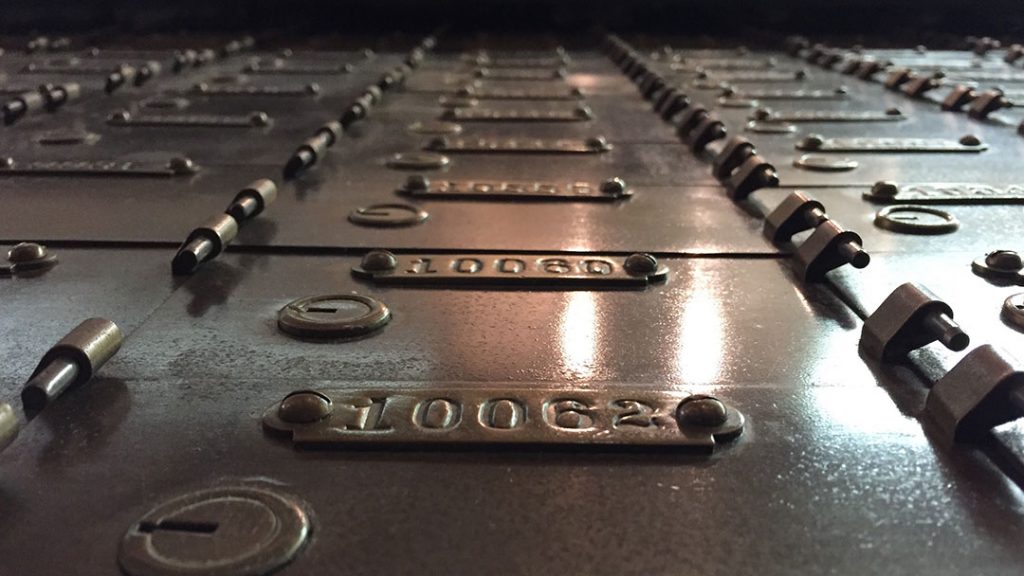Ever wondered why you need a deposit? and where it goes? Read to find out!
Where does my deposit go?
At an auction, if you are the successful bidder on a property at a value above the reserve price set by the vendor, you will typically be required to pay a 10% deposit on the spot.
Once the purchaser and vendor have both signed the contract and the deposit has been paid, the contract is legally binding but you do not technically own the property yet. I will get to that part later.
In New Zealand, it is standard practice that when the contracts are exchanged, the buyer must give the seller a 10% deposit, unless the contract has specified a different amount for the deposit. If you are a Non-Resident, then your deposit is likely to be 20% of the purchase price for off the plan sales. But again this is at the vendor’s discretion.

Why is there a higher deposit required for non-residents you may wonder…?
There are two main reasons, the first being that banks funding the development projects will only accept the contract as a pre-qualifying sale*1, if the non-resident has paid a minimum of 20% deposit. And the second, is that non-residents are generally seen as a bigger settlement risk. This perceived risk is due largely to the fact that they may not reside in the country, and it would therefore be harder to take legal proceedings against a non-resident for a breach of contract. For that reason it makes sense to have a larger deposit as a way of minimising this risk.
Your home loan lender will also have specified an amount that you must provide as a deposit, and this may be different to the amount your contract specifies you must pay the seller. So, your lender may require that you have 20% of the purchase price available as a deposit in order to secure a mortgage, even if you only have to pay the seller a 10% deposit.
The most important thing to understand with a deposit when you are looking to purchase, is that it should be safe and secure.

There is a lot of misconception around this, from the years gone past. In the … old days, I won’t use the word good in this instance, developers were able to use deposits as working capital and therefore reduce the amount of borrowing they may need to fund the project. I understand some house build contracts are still structured this way, which means that if the developer or builder gets into trouble, and has used the deposit, then you could lose that deposit.
With Safari Group, there is no chance this can happen, as our purchasers deposit is fully secured on the purchaser’s behalf. This is done by having all deposits paid to our lawyers trust account, with no ability to access your hard earned money until settlement day.
Nothing more is required to be paid by purchasers, until settlement day, where the balance of the purchase price less deposit is paid in one lump sum.
The date on which settlement occurs on Safari Group contracts can only be set once a certificate of practical completion has been issued, the titles have been issued by LINZ, and all code compliance certificates have been issued by the local authority (council). Once the last of these three items has been issued, then the notice calling for settlement is sent from our lawyers to our purchaser’s lawyers, noting a 10 working day period for settlement has commenced. We always provide our purchasers with progress updates at key intervals, so that purchasers have a good understanding of how the project is progressing. This serves to reduce the surprise of settlement, however we cannot give an exact date settlement will occur (until 10 days prior). Once settled, you now own the property.
Nothing more is required to be paid by purchasers, until settlement day, where the balance of the purchase price less deposit is paid in one lump sum.
Deposits also have the benefit of earning interest in the lawyers trust account, which gets credited on the settlement statement.
Choosing to purchase a unit in a Safari project, means your deposit is safe and secure, with your deposit being returned to you with some interest, in the exceedingly exceptional event that a development didn’t proceed.
In our 25 year history, this has happened to Safari only once before, with a development that we had 90% presold and wanted to continue with. Unfortunately there was an issue with the underlying land, which meant we couldn’t transact the land off the land developer, and were forced to cancel the contracts and return deposits.
While this isn’t the result that anyone desired, we issued cancellation immediately, rather than waiting until the sunset dates had expired, something within the developer’s legal rights.

To expand on sunset dates, this is a key condition date in the contract that stipulates when the property contract is to be voided and the deposit returned to the purchaser.
We always get a lot of questions from purchasers around our condition dates in the contract, specifically the length of time stipulated, and rightfully so.
The reason for long condition dates, is that the banks require them as a condition of project funding. As eternal pessimists, banks are nervous at the best of times, and want to make sure that the developer has plenty of room for any unforeseen delays, along with additional contingency on top.
The last thing you want, is to have your hard earned money, sitting as a deposit in a lawyers trust account for years on end, before finally being returned due to the development being cancelled. For this reason, when you are looking to invest in a project, make sure you do your due diligence on the developer to ensure that the project has the best chance of being converted. Buying off the plans and prior to the project commencing construction, is the best time to buy, as pricing is at its sharpest, with the developer working actively to achieve their pre-sale requirements.
The pricing generally only goes in one direction from there, and with less unit types available as time marches on.

